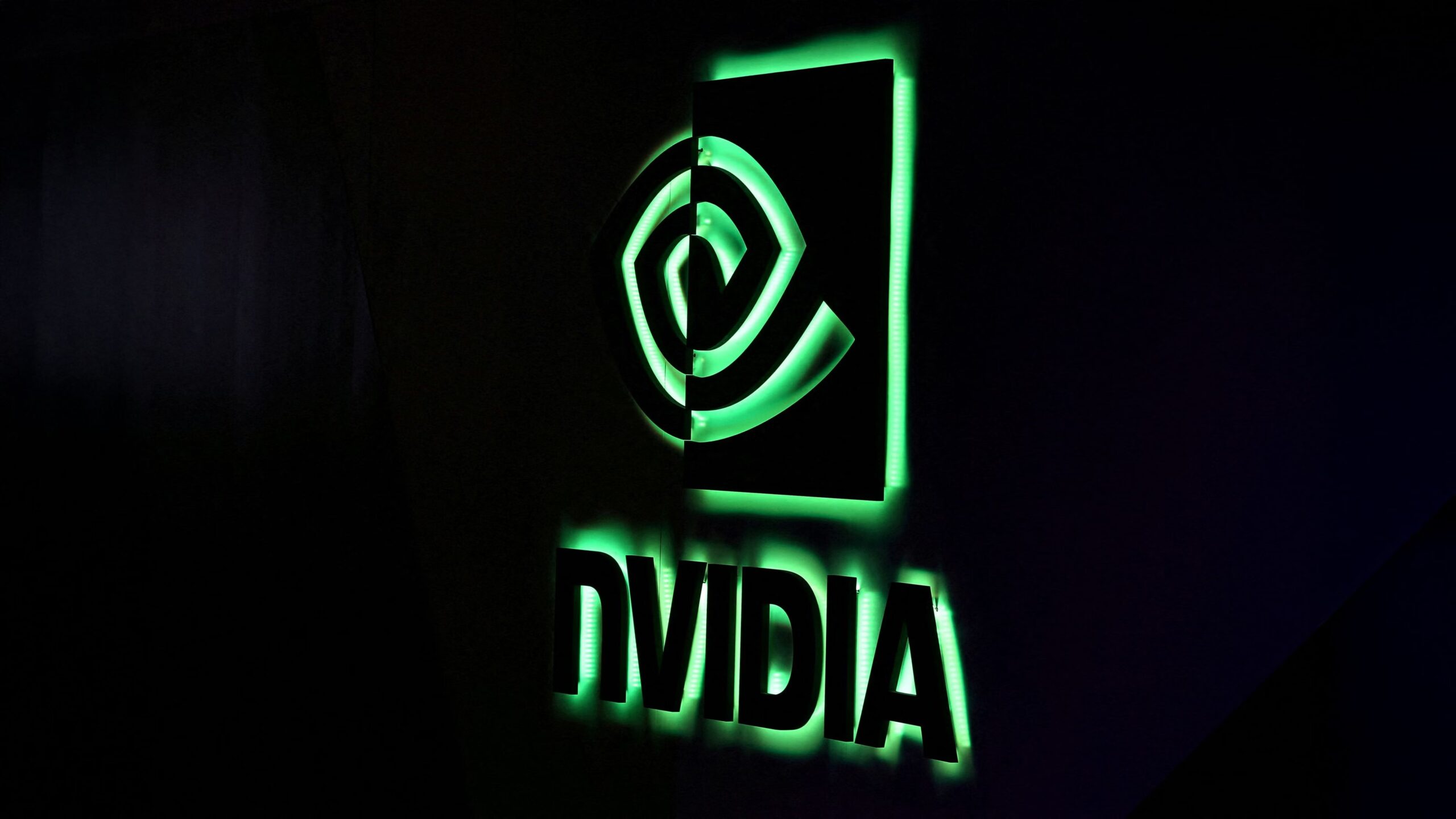
China’s State Administration for Market Regulation (SAMR) said Monday that Nvidia violated the country’s anti-monopoly law, following a preliminary investigation into the chipmaker’s acquisition of Mellanox. The regulator said it would continue probing Nvidia’s agreements linked to the $6.9 billion deal, completed in 2020.
SAMR did not specify which conditions Nvidia allegedly breached. Nvidia responded in a statement saying, “We comply with the law in all respects. We will continue to cooperate with all relevant government agencies as they evaluate the impact of export controls on competition in the commercial markets.”
Shares of Nvidia dropped about 2% in premarket trading after the announcement.
Impact on U.S.-China Trade Tensions
The timing of SAMR’s update coincides with U.S.-China trade talks that began on Sunday in Madrid. Over the weekend, Beijing also launched two additional probes into semiconductors: an anti-dumping investigation into certain U.S. chip imports and a review of Washington’s restrictions on China’s chip sector.
The dispute highlights how technology remains a flashpoint in the geopolitical rivalry between the two nations.
Nvidia has faced several setbacks in the Chinese market this year. Its H20 chip, designed to comply with U.S. export restrictions, was blocked from entering the country. In response, Nvidia CEO Jensen Huang has pushed for U.S. firms to be allowed to sell to China, projecting that the local AI market could reach $50 billion within the next two to three years.
Last month, Nvidia reached an agreement with Washington allowing resumed sales to China in exchange for giving 15% of that revenue to the U.S. government. Discussions are also ongoing about exporting more advanced chips to China.
Author’s Opinion
Nvidia is in a precarious position: it needs access to China’s enormous AI market but risks being caught between U.S. restrictions and Beijing’s tightening grip on competition law. The preliminary findings from SAMR may not only be about Mellanox but also a strategic message from China — signaling that no foreign tech firm, no matter how powerful, can operate freely without Beijing’s oversight. Nvidia’s long-term success may depend less on its chip innovations and more on its ability to navigate this political chessboard.
Featured image credit: Heute
For more stories like it, click the +Follow button at the top of this page to follow us.
